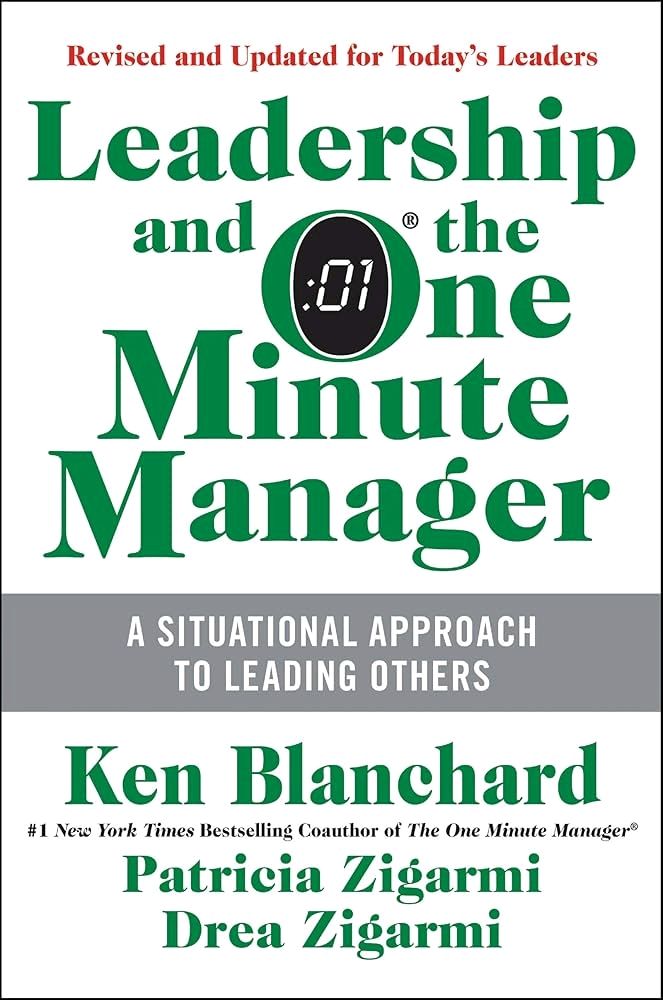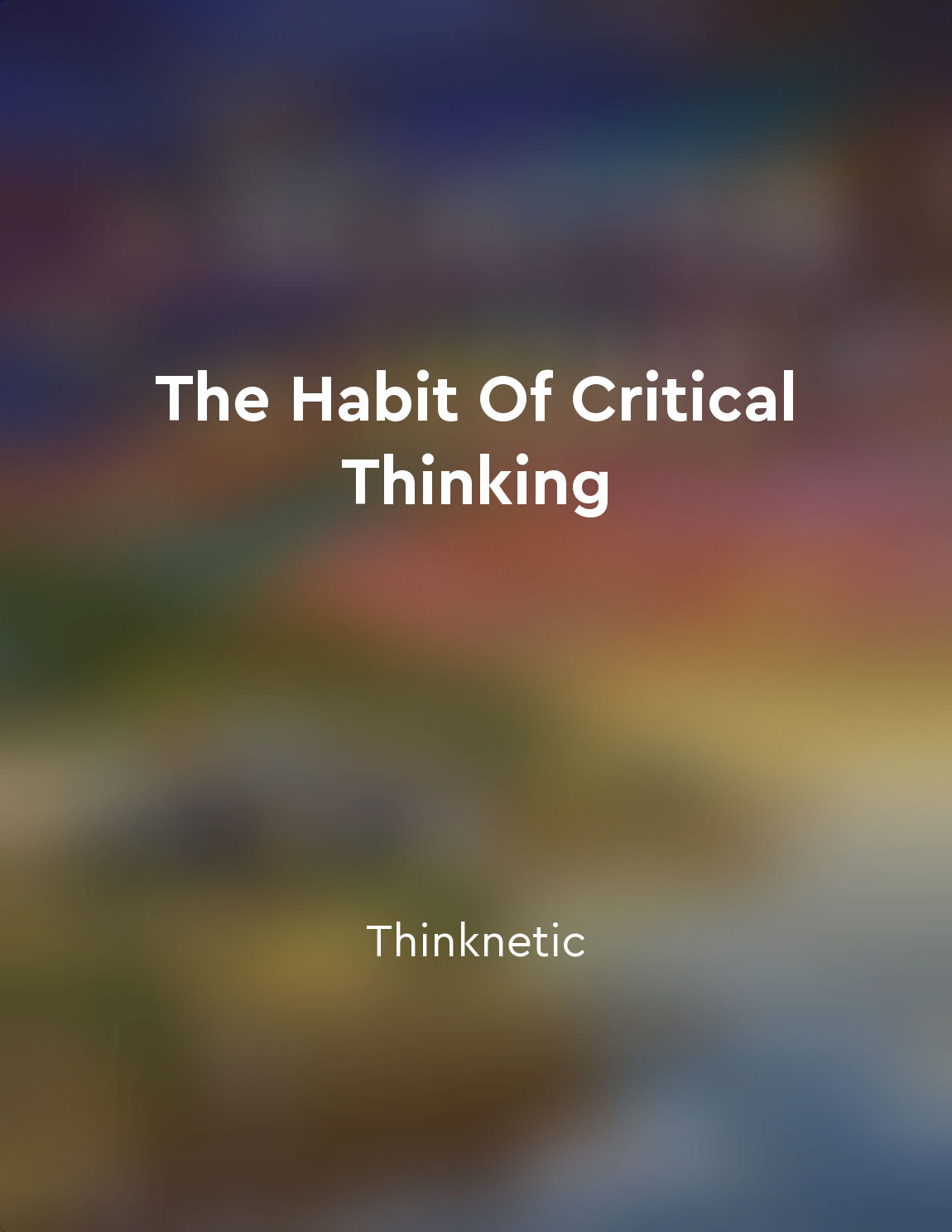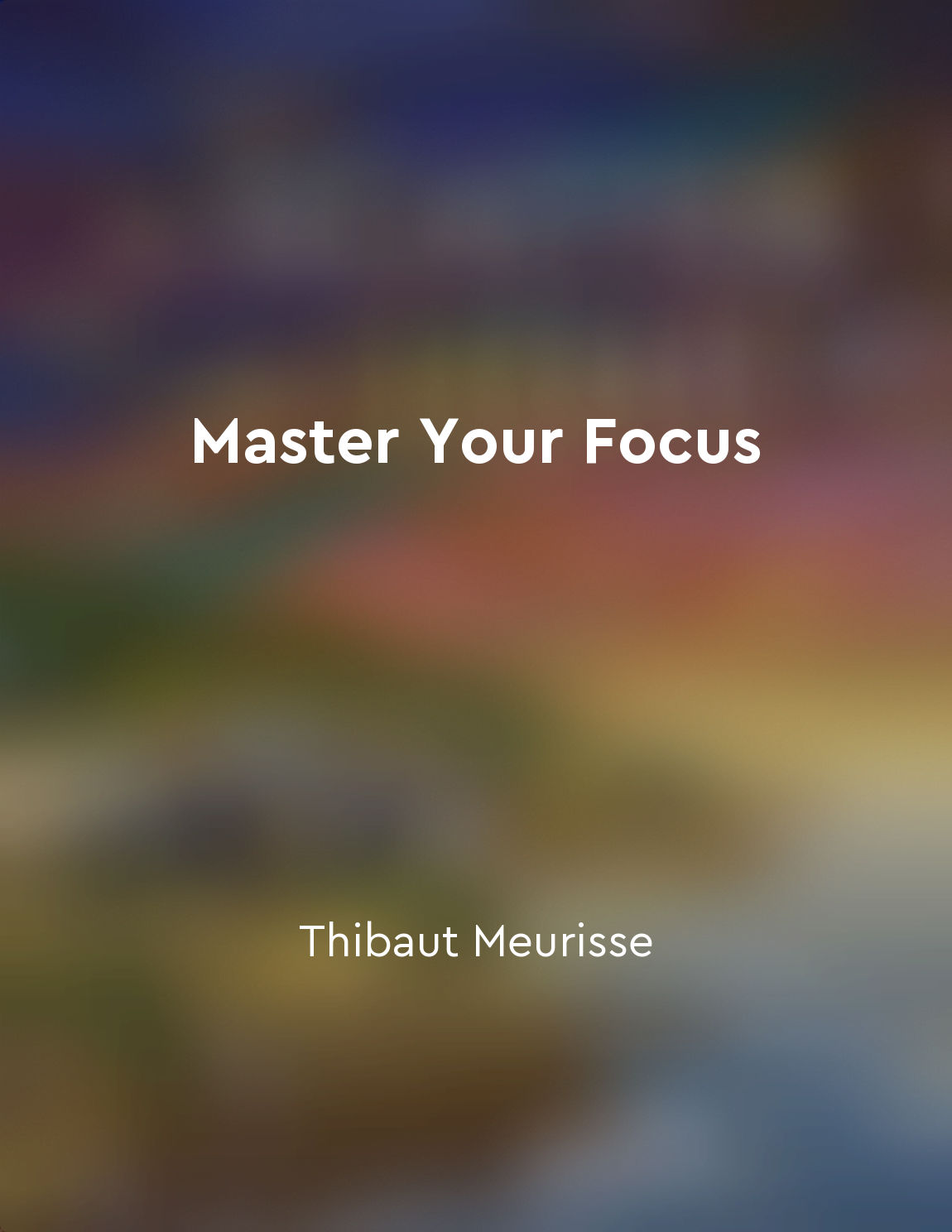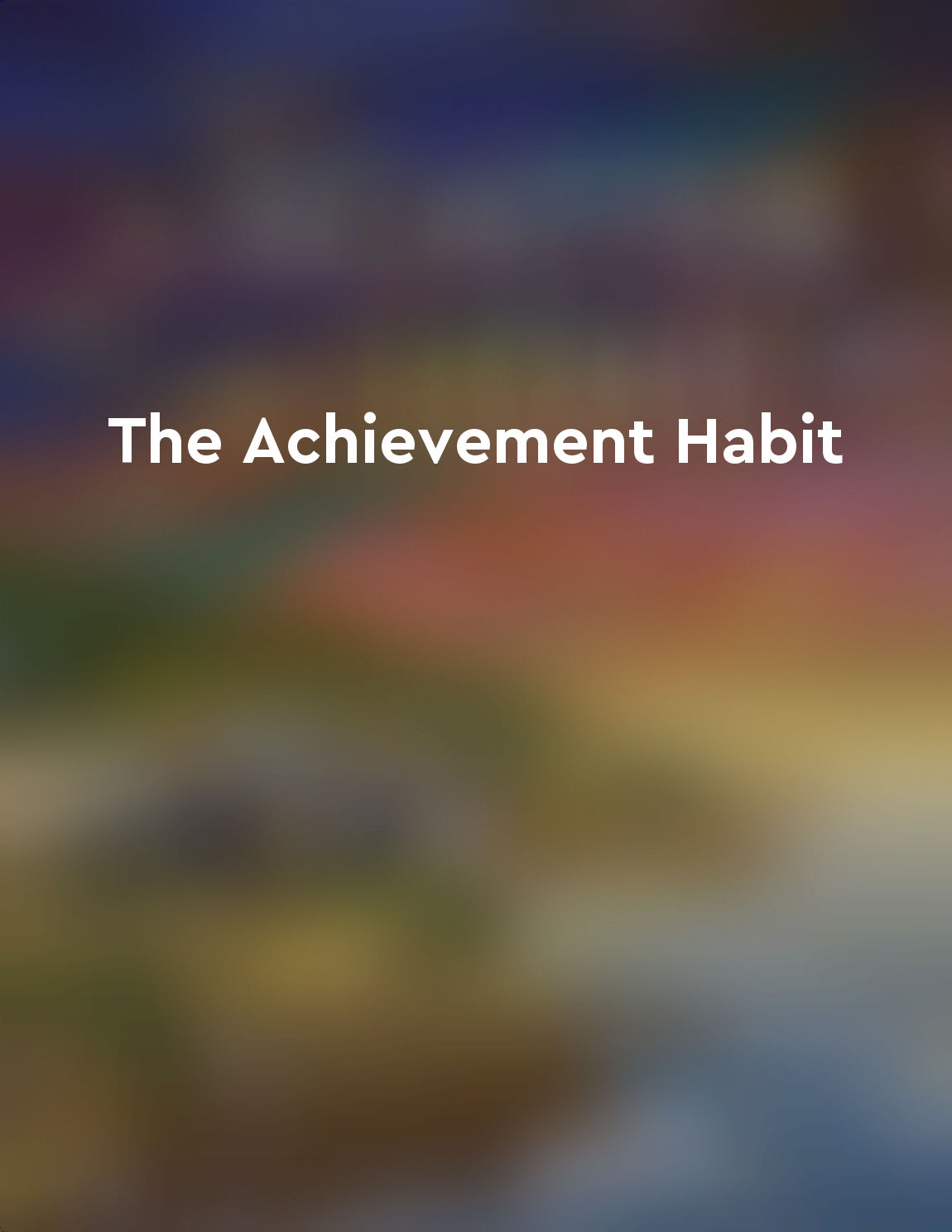PBL emphasizes the importance of feedback from "summary" of The Power of Problem-based Learning by Barbara J. Duch,Susan E. Groh,Deborah E. Allen
Feedback is a critical component of problem-based learning, as it plays a vital role in the learning process. It serves as a mechanism for students to reflect on their understanding, identify areas for improvement, and enhance their problem-solving skills. By receiving feedback from peers, instructors, and self-assessment, students can gain valuable insights into their performance and make necessary adjustments to enhance their learning experience. This iterative process of feedback allows students to constantly refine their problem-solving strategies and deepen their understanding of the subject matter. In a problem-based learning environment, feedback is not merely a one-way communication from instructors to students. Instead, it is a collaborative exchange that fosters active engagement and dialogue among students. Through peer feedback sessions, students have the opportunity to evaluate each other's work, provide constructive criticism, and offer alternative perspectives. This peer-to-peer interaction not only enhances students' critical thinking skills but also promotes a sense of community and collaboration within the learning environment. Furthermore, feedback in problem-based learning is timely and specific, providing students with actionable insights that they can immediately apply to their problem-solving process. By receiving feedback at various stages of the learning cycle, students can track their progress, address any misconceptions, and make informed decisions about their next steps. This ongoing feedback loop not only helps students stay on track but also empowers them to take ownership of their learning journey. Moreover, feedback in problem-based learning is formative rather than summative, focusing on the process of learning rather than the final outcome. By emphasizing feedback as a tool for continuous improvement, students are encouraged to take risks, experiment with new ideas, and learn from their mistakes. This growth-oriented approach to feedback not only cultivates a growth mindset among students but also instills a sense of resilience and perseverance in the face of challenges.- Feedback is a cornerstone of problem-based learning, providing students with valuable insights, fostering collaboration, promoting active engagement, and supporting continuous improvement. By embracing feedback as an integral part of the learning process, students can develop critical thinking skills, enhance problem-solving abilities, and cultivate a lifelong passion for learning.
Similar Posts

Time management plays a crucial role in academic excellence
Time management is a critical factor in achieving academic excellence. It is not enough to attend classes, read textbooks, and ...
Set clear goals to stay motivated
Setting clear goals is essential to maintaining motivation. When you have a clear idea of what you want to achieve, you are mor...

Flexibility in leadership is key to navigating challenges
Leadership is all about adapting to different situations. It's about being flexible in your approach, so you can navigate chall...
Find mentors to guide and inspire you
One of the most powerful ways to accelerate your success is to seek out mentors who can help guide and inspire you along your j...

Analyze information
The habit of critical thinking involves the ability to analyze information effectively. This means carefully examining data, ev...
Asking questions stimulates critical thinking and problemsolving
Asking questions is a fundamental aspect of critical thinking and problem-solving. When we ask questions, we are actively engag...

Develop strong habits
Developing strong habits is crucial if you want to achieve your goals and live a fulfilling life. Habits are like the invisible...
Question assumptions and challenge beliefs
When we question assumptions and challenge beliefs, we are essentially taking a step back from blindly accepting things as they...

Learn from your mistakes
When things don't go as planned, it's easy to feel frustrated or disappointed. It's human nature to want everything to go smoot...
Challenge negative selftalk with positive affirmations
Negative self-talk can be a significant obstacle in our path to success and happiness. It can undermine our confidence, motivat...

